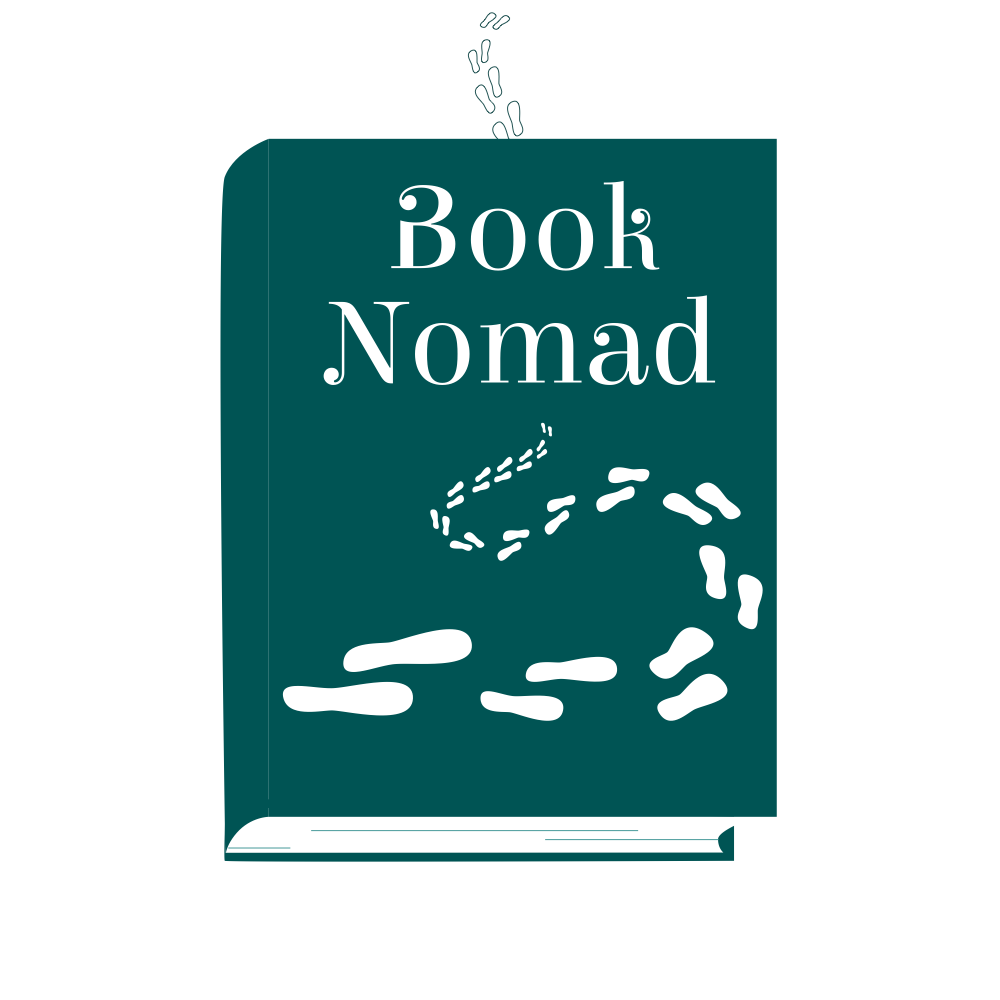I Refuse to Condemn is not the type of book I find easy to review; it’s a complex interweaving of the personal and the structural rooted in the writers’ difficult, painful experiences. Although I attempted to review it in this post, I considered that more a collection of thoughts. In such cases, I like to highlight particular lines or chapters that struck me, so I thought I would do so in this post.
Note: I was provided with an advanced review copy of this book by the publisher and editor with no conditions attached.
What if communication isn’t just about what is said by a speaker, but about the integrity of the content being communicated, the agency inherent in the act of speaking out? What happens with the dissolution of this agency when the speaker parrots not their own words but words chosen to mollify an audience, is it possible for a Muslim to be ambivalent about something like this?
News items exploring questions relating to racism which have little tangible effect on people’s lives, perhaps only distantly connected to the realities of racism (affecting housing, employment, immigration status, criminal justice or health), can create the impression that anti-racism is a somewhat petty culture war.
Hearing young Black people recount stories of violence and drug distribution is met with wide eyes and open mouths. And while we should always be shocked at stories from our streets in which harm is caused or risk is taken in the possession and sale of criminalised drugs, can we really be surprised?
Something which I had to grapple with alone in my own fieldwork was the feeling of familiarity; the fact that I could see myself in my participants’ experiences and narrations. This became a source of being both protective and defensive when it came to my research and more importantly, my participants. Rather than see it as a limitation, I argue that such a connection elevates our research to higher standards of accountability which so often is ignored in academia.
Working in these spaces is predicated on the suppression of emotional responses to the violence we and our loved ones face: we are asked to cut out parts of who we are to fit within the confines of academic debate.
The part of us as humans that exists on ‘land’ presents no problem for me to conceptualise. I am Egyptian, British, Australian, I am a psychologist, I am academic. I am the sum of my lived experiences; my everydayness, my lineage and heritage. However, the second part of us, the half of the boat in the ‘water’, our extra-natural part, is ready to set sail, ready to grow upwards, to search and seek, ready to strive for the pleasure of God, ready to submit. […] Condemnation is a regressive initiation act for Muslims […] that denies one half of our being.
We are not minorities, but members of the ummah of Muhammad. We are a body, wherever we go. Wherever we were born, wherever we die, even if we have no leader or state, we are a nation. Our allegiance to each other is a divine obligation.
For related reviews, resources and pertinent questions, read the review of this book here.


0 Comments